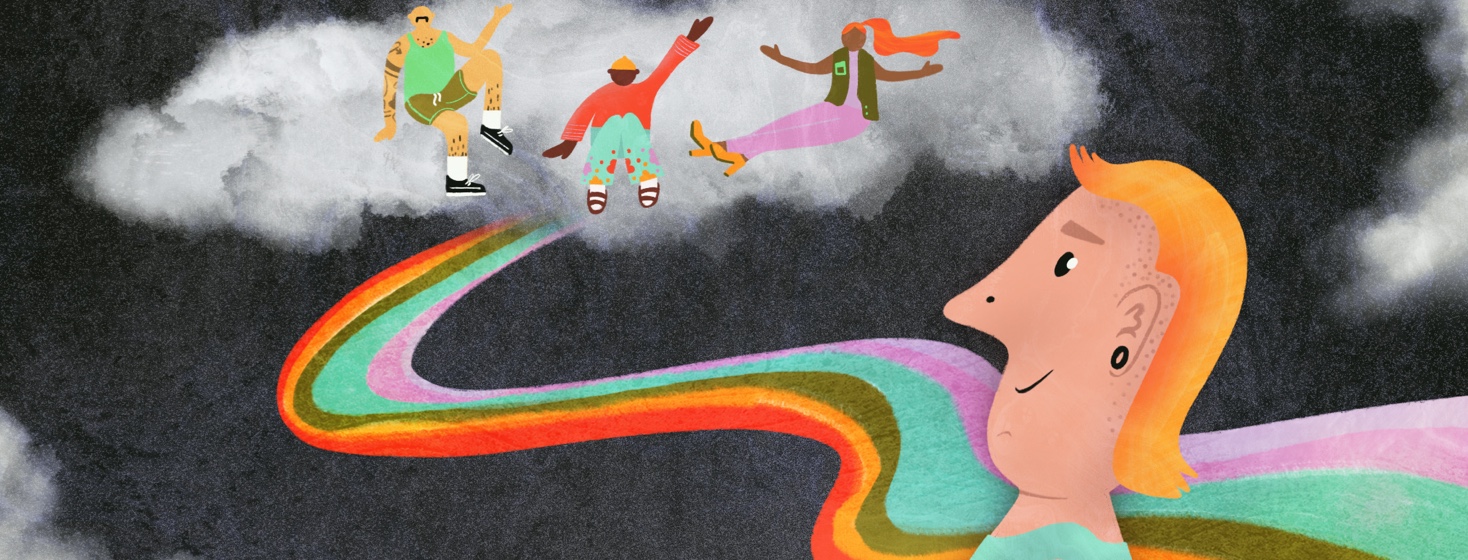Living Authentically With Narcolepsy
Living with narcolepsy comes with a lot of rejection.
I’ve personally lost job opportunities, friends, careers, and more due to my narcolepsy symptoms. It wasn’t just my narcolepsy, though – plenty of people have jobs and friends with their narcolepsy symptoms.
I lost these people and opportunities due to the judgments and prejudice that come with living as a person with narcolepsy.
Avoiding stressful situations that worsen my narcolepsy symptoms
It's painful, of course. However, in some ways, it is comforting. It means that people and opportunities that aren’t meant for me will end up leaving on their own. Thus, the trash is effectively taking itself out. I assert that these friendships and workspaces would’ve resulted in further extended exposure to discrimination and prejudice surrounding my condition, which I am better off staying away from.
Stress severely impacts my narcolepsy symptoms. The more stress I have in my life, the worse my narcolepsy symptoms become. I find that my sleep attacks are more frequent. My sleep quality is worsened, with increased awakenings throughout the night and insomnia. My nightmares and hallucinations increase, and so do my cataplexy attacks.
Thus, I try my best to avoid stressful situations. I also practice stress management, which I discuss at length in my article, "Managing Stress and Narcolepsy."
Most people cannot relate
One of the best ways I improve my mental health and reduce stress is by making and keeping relationships with people, especially people that are able to understand or relate to my personal circumstances.
For example, as a queer and disabled (hard-of-hearing) person with narcolepsy, I face more discrimination in my daily life than the average (white, cisgender, able-bodied, and heterosexual) person. The reality is that many people cannot relate to the problems I face. It is lonely to feel disconnected from others in this way.
Finding safety, acceptance, and community
Having fellow queer, disabled, and mixed-race friends means that I don’t have to constantly explain myself. If I need to take a nap due to a narcolepsy-induced sleep attack, my fellow chronically-ill friends are thrilled.
“Let’s both take naps!” they’d exclaim in excitement.
Or, if I get a dirty look on a street for holding hands with my girlfriend in public, I don’t have to overtly explain it to my queer friends. I can just say something like, "The straights were acting up today," and be embraced, physically and emotionally.
In all of these moments, my heart swells with a warm sense of safety and acceptance. This feeling is integral to my health and wellbeing.
Living authentically with others who do the same
Emotional validation as a person in any community is not guaranteed. Some people that you might expect to understand your circumstances and be able to relate might not be willing or able to relate with you at all!
However, I’ve found that the more authentically I live my life, the more I gravitate towards other people that do the same, and vice versa. When we can meet each other in the middle, see the other as they are, and embrace the other wholly, that is where true community lies.
Narcolepsy is difficult to live with, but I’m finally learning how to let others join in the journey.

Join the conversation